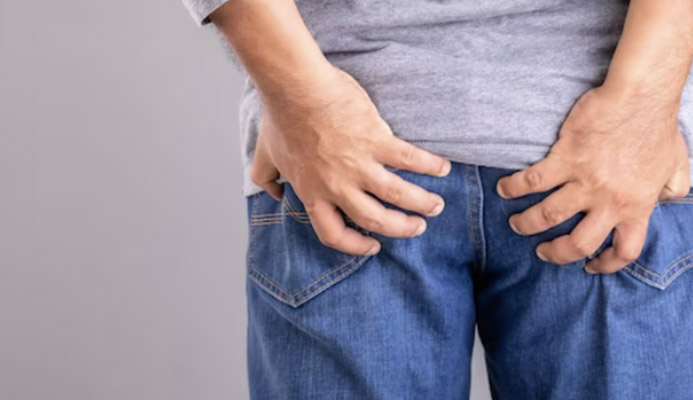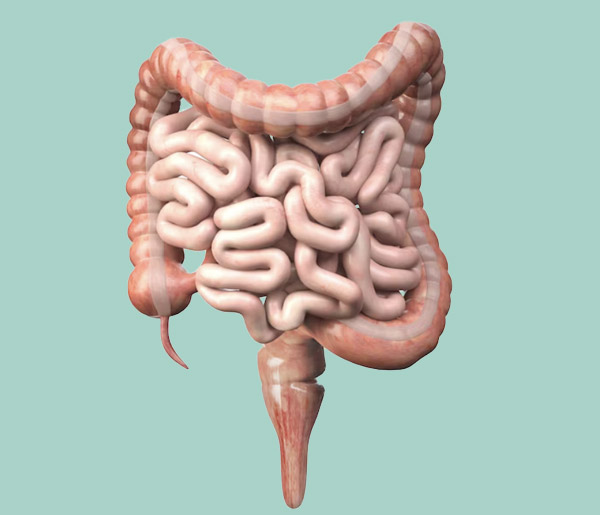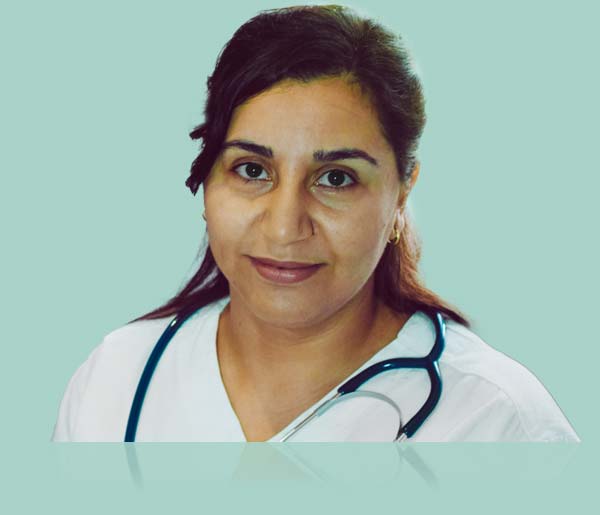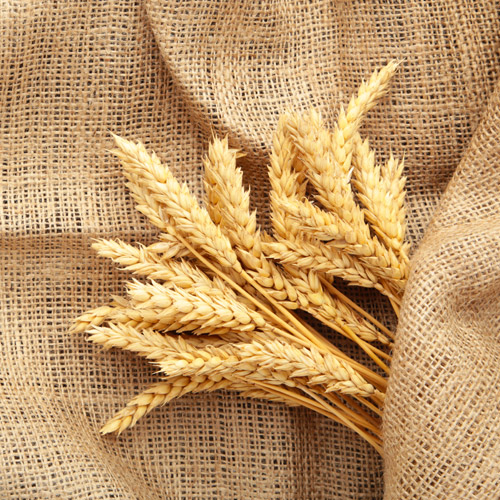
In the second century AD, the distinguished Aretheus of Cappadocia, a Greek physician practicing in Rome, during his practice got to know many patients who presented with a strange symptomatology, which the Clinician minutely reported in his treatises on gastrointestinal diseases.
Specifically, the doctor noticed that some patients presented with violent bouts of diarrhea, with the emission of foul-smelling, almost white stools, and abdominal spasms and cramps so severe that they were unable to work.
These symptoms recurred cyclically, especially when patients ate certain grain-based food.
Areteus, although short on modern scientific information, guessed that the problem was due to malabsorption of food, resulting in incomplete digestion.
The Physician described the condition as κοιλιακός (koiliakòs, meaning 'abdominal'), and branded it as incurable, with the means then available to his Medicine.
Again, the hunch about the prognosis was right: celiac disease, also known as celiac disease, is still incurable.
Read this page to learn what celiac disease is, how it is diagnosed, and what can be done to treat it.
One of the first causes of contamination for patients with celiac disease is eating out (restaurant, cafeteria, or at the homes of friends and acquaintances).
This, for a very clear reason: the celiac patient usually prepares his food in a well-safe environment, where gluten contamination is practically impossible.
Or, he buys ready-made gluten-free products of suitable industrial preparation that can be eaten safely.
All this is not always guaranteed when dining elsewhere:even the best restaurant, the most attentive to celiac customers, can inadvertently contaminate (even with very little gluten) their food.
And this, even by keeping kitchens and ovens separate (which greatly reduces the risk of contanimation, but does not eliminate it).
This is why, usually, celiac crises occur right after eating a meal outside the home.
What is celiac disease?

Celiac disease is a gastrointestinal disorder of a genetic order, manifesting as an abnormal alteration in the absorption of gluten, which is a fairly sticky, water-insoluble agglomerate of protein found in cereals and their flours (wheat, barley, spelt, rye, etc.).
In the patient with celiac disease, even the smallest intestinal contact with gluten causes a very violent autoimmune reaction, which triggers an equally violent inflammation.
This results in intestinal spasms, abdominal cramps, and the onset of dramatic diarrheal discharges, which can last for days, during which time the patient becomes extremely weak and prostrate, pale and emaciated, essentially unfit for any work activity (exactly as Areteus of Cappadocia had already diagnosed over two millennia ago).
What are the causes of celiac disease?
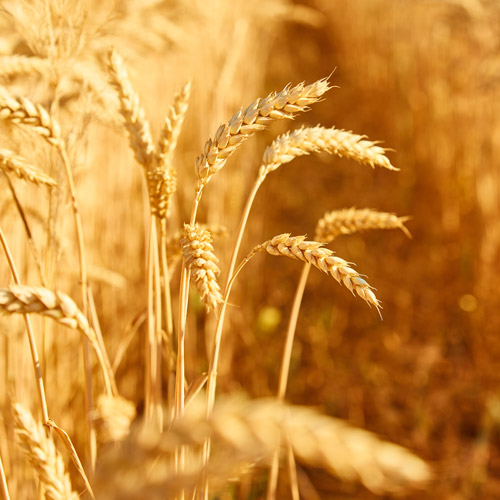
The genetic causes of celiac disease, which, like all autoimmune diseases, is difficult to define etiologically, are not yet known.
The most widely accepted theory to explain the origin of this extreme gluten intolerance is one that predicts a correlation of genetic predisposition and certain environmental factors judged to be triggers.
Recent research has definitely confirmed suspicions of genetic inheritance of celiac disease, while investigations to establish the mechanism of intestinal wall inflammation upon contact with gluten are still ongoing.
At the clinical level, three triggers of celiac disease are now established and known:
- Genetic predisposition;
- Gluten-rich diet;
- Condition of mental and physical stress
These three conditions, believed to be essential to trigger symptomatology, explain how the condition is triggered at any age of life, not just in the pediatric stage.
Why does gluten trigger violent intestinal inflammation?
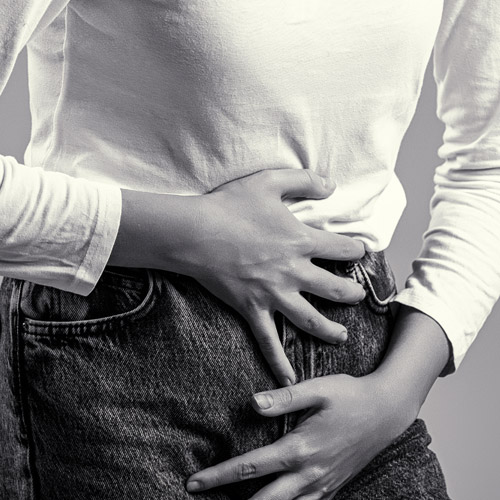
Celiac disease is not an intolerance toward gluten per se, but in one of its major components, namely gliadin.
When a patient with celiac disease ingests even a small amount of gliadin (just a few fragments of a cereal flour, for example), it is brought, in the normal gastrointestinal pathway of digestion, into contact with the villi of the small intestine.
Right there the inflammatory reaction is triggered: the T lymphocytes attack the gliadin, recognizing it as an unwanted and potentially dangerous foreign element, and begin to produce high amounts of cytokines.
In turn, cytokines cause gut wall cell death (apoptosis), with associated inflammation.
The intestinal response is very violent: intestinal cramps begin almost immediately, followed by violent spasms and the onset of diarrheal discharges, with the emission of yellowish (tending to white) stools with a typical pungent, foul-smelling odor.
What are the symptoms of celiac disease?
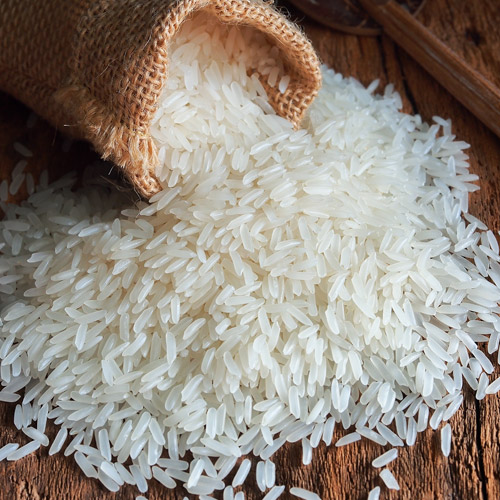
Although the origin of celiac disease is always the same (extreme intolerance to gluten), there are various symptomatic categories, which can differ greatly from each other.
Thus, at present, at the clinical level, we have these symptomatic manifestations:
Symptomatic (or typical) celiac disease
The classic form of celiac disease, manifested by violent bouts of diarrhea and the emission of extremely foul-smelling whitish-colored stools, often particularly fatty.
In accompaniment, ai appreciate extreme weakness of the subject, emaciated features, weight loss, inability to work due to extreme exhaustion.
These symptoms occur exclusively in the case of ingestion of food with the presence of gluten, or contaminated with it, even in a small part;
Atypical celiac disease
Atypical form of celiac disease that does not necessarily involve intestinal disorders of the typical form, but may manifest lassitude and fatigue, anemia, various neurological disorders, and, especially in women, osteoporosis.
Its diagnosis is complicated by the fact that such symptoms are common and shared with other conditions, neurological in nature;
Silent celiac disease (or asymptomatic celiac disease)
Form of celiac disease often referred to, incorrectly, as the 'healthy carrier', because although anti-gliadin antibodies and intestinal villus atrophy are present, the patient does not manifest any symptoms;
Potential celiac disease (or latent celiac disease)
In this form of celiac disease, the symptoms of the typical form have not yet been manifested, but the antigliadin antibody test is positive.
The eruption of symptoms is possible at any time, which is why the patient is urged to start dietary therapy as soon as possible, just as if he or she had already developed the typical form.
It should be remembered that whatever the form of the symptomatology of celiac disease, some elements are always present, such as: positive anti-gliadin tests and atrophy (flattening) of intestinal villi.
It is precisely this damage to the villi that can lead, in the long run, to problems with absorption of nutrients, particularly fat-soluble vitamins (A,D,E and K) as well as malabsorption of iron and the essential vitamins B9 and B12.
In turn, this iron and vitamin K deficiency can lead to difficulty in wound clotting.
Then there is all the proctological symptomatology associated with frequent diarrheal discharges, which often occurs over the long term in patients who do not follow the therapeutic diet scrupulously, such as: hemorrhoidal prolapse, proctitis and anitis, anal fissures, and, in general, periodic inflammation of the anal and peri-anal area.
How is celiac disease diagnosed?
The diagnosis of celiac disease is based on specific blood and instrumental tests: therefore, a simple clinical examination is not enough, but the presence of anti-gliadin antibodies and intestinal villous atrophy must be ascertained.
This is done with specific antibody tests:
- Anti-gliadin antibodies (AGA);
- Anti-endomysium antibodies (EMA)
- Anti-transglutaminase antibodies (TGA)
Genetic predisposition to celiac disease, on the other hand, is possible through a very quick blood test, which assesses the presence of the HLA DQ2/DQ8 genes responsible for genetic transmission of the intolerance.
A possible positive result indicates genetic predisposition but not necessarily certainty of the disease, while a negative result indicates no possibility of developing celiac disease in the future.
Blood tests are then mandatorily correlated by a gastroscopy with biopsy, which is essential to ascertain the status of the intestinal villi.
What is the treatment for celiac disease?
In the current state of Medicine, celiac disease shares with other genetic disorders the impossibility of cure.
This means that no drugs are available that can inhibit the autoimmune reaction of lymphocytes to the passage of gluten into the intestine, nor are surgical protocols also available.
The only possible therapy is the one already known in ancient times, and that is dietary therapy.
Which is basically based on always avoiding the ingestion, especially accidental ingestion, of even microscopic amounts of gluten.
This means that patients with celiac disease must follow a strict diet, free of any wheat derivative, which they must maintain for life.
Fortunately, nowadays, there are a huge number of companies that produce gluten-free foods that are safe and also taste good and have the right nutritional values, which patients with celiac disease can buy without worry even in ordinary supermarkets.
A zero-gluten diet, if protracted scrupulously, provides the celiac patient with a normal, trouble-free life comparable to that of another healthy person.
Of particular importance is proper behavioral management for the patient with celiac disease: almost always, acute episode of diarrheal attack are the result not of deliberate misfeeding but of incidents with contaminated food, in most cases after a lunch or dinner out.
It should be remembered that even very small amounts of gluten are sufficient in a patient with celiac disease to trigger the violent immune response, and this often happens when eating accidentally contaminated food.
But are gluten-free products better than regular ones, even for non-celiac patients?
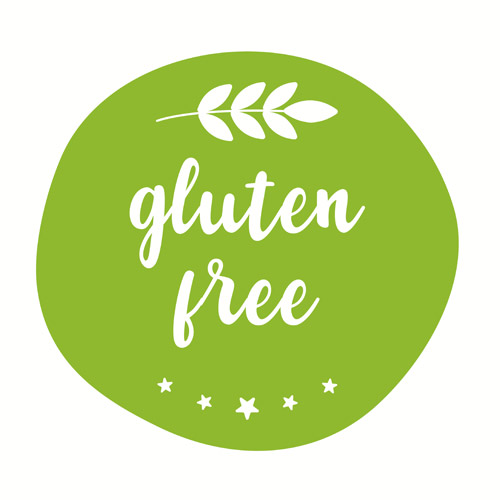
No, in the most absolute way.
Gluten-free products are specific, therapeutic we can say, products exclusively designed for patients with celiac disease.
They are not 'better' or 'worse' than gluten-containing foods: they are an indispensable resource for those with established celiac disease who cannot ingest gliadin.
Gluten is not, per se, a harmful element for healthy humans: a healthy intestine can safely break it down thanks to the appropriate enzymes, so its presence is not deleterious and does not, per se, initiate celiac disease (as unfortunately everyone still believes).
Celiac disease cannot occur where there is no genetic predisposition, regardless of whether the diet is low in gluten or not.
Unfortunately, in recent times, health and medical misinformation has passed off gluten-free products as potentially healthier than common foods with gluten.
This is part of the broader phenomenon called 'Health Halo', which peddles products and therapies of unfounded scientific rationale (such as hydrocolon therapy, pressure therapy or vegan diets) as 'healthy', when in fact there is no objective medical evidence to call them such.
It should be remembered that the gluten-free diet is very expensive, challenging, and should by no means be taken as a fad: it is an essential therapy if and only if you have celiac disease, while it is completely negligible if you are healthy.
For non-pathological individuals with no detected allergies, simply stick to a varied and balanced, omnivorous diet with the right balance of carbohydrates, fiber, vitamins, protein and, of course, water.
Which specialist should you go to if you suspect celiac disease?
Celiac disease is a condition that must be diagnosed exclusively by a Physician, who is usually a Gastroenterologist or Colonproctologist.
These two health professionals are in fact the appropriate specialists to prescribe specific examinations and monitor the patient's health status over time, and should therefore be preferred at the diagnosis stage.
your proctologist surgeon of excellence in Dubai
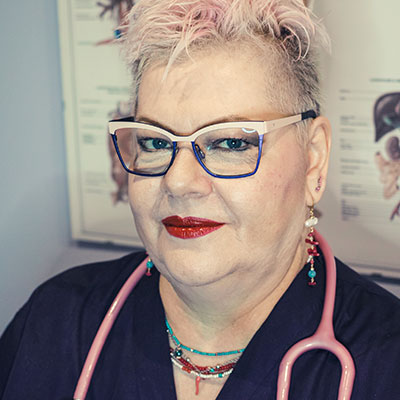
Dr. Luisella Troyer is an italian Vascular Surgeon, specialised in Proctology and Colonproctology, operating in Dubai.
In the modern, well-equipped clinic in Dubai, Dr. Troyer provides specialist medical examinations in Vascular Surgery and Colonproctology, to diagnose and solve proctological problems such as:
- Pathological haemorrhoids;
- Haemorrhoidal thrombus;
- Anal fissures;
- Anal warts;
- Peri-anal abscesses and anal fistulas;
- Chronic constipation;
- Irritable Bowel Syndrome;
- Faecal incontinence;
- Rectocele;
- Descending perineum syndrome
In the clinic in Dubai, Dr. Troyer also performs minimally invasive treatments, such as the treatment of prolapsed haemorrhoids with the innovative sterilised air-stabilised scleromousse.
For her proctological diagnoses and examinations, Dr. Troyer uses the excellence of diagnostic technology, such as the modern high-definition videoproctoscope for Electronic Endoscopic Videoproctoscopy.
All operators and assistants of Dr. Troyer speak English, Arabic and Italian.
So remember...
- CELIACÂ DISEASE IS A CONGENITAL DISORDER, KNOWN FOR MILLENNIA, THAT MANIFESTS AS AN INABILITY ON THE PART OF THE PATIENT'S INTESTINE TOÂ ABSORB AND CHEMICALLY PROCESS GLUTEN;
- GLUTENÂ IS AÂ PROTEINÂ FOUND NATURALLY INÂ GRAINSÂ ANDÂ WHEAT, HARMLESS TO A HEALTHY HUMAN BUT HARMFUL TO A PATIENT WITH CELIAC DISEASE;
- THEÂ ORIGINS OF CELIACÂ DISEASEÂ ARE NOT YET KNOWN BUT IT IS SUSPECTED TO BE PART OF THE LONG LIST OFÂ AUTOIMMUNE DISEASES;
- AÂ GENETIC TESTÂ IS AVAILABLE TO ASSESS SUSCEPTIBILITY OR OTHERWISE TO CELIAC DISEASE;
- A POSITIVE TEST FOR CELIAC DISEASE DOES NOT MEAN THAT YOU WILL NECESSARILY GO ON TO DEVELOP THE DISEASE, BUT A NEGATIVE VALUE OF IT MEANS THAT, FOR CERTAIN, YOU WILL NEVER DEVELOP THE CONDITION;
- CELIAC DISEASE USUALLY MANIFESTS ITSELF AS EARLY AS THE PEDIATRIC AGE, BUT IN REALITY IT CAN OCCUR AT ANY AGE, EVEN ADVANCED;
- THEÂ SYMPTOMSÂ OF CELIAC DISEASE ARE QUITE RECOGNIZABLE, AND ARE MANIFESTED BYÂ VIOLENT COLIC AND CLOSE BOUTS OF DIARRHEA, WHICH EXHAUST THE PATIENT AND MAKE HIM OR HERÂ UNABLE TO DO ANY WORK;
- MODERN MEDICINE STILL HAS NO CURE FOR CELIAC DISEASE, SO THE ONLY POSSIBLE TREATMENT IS DIETARY THERAPY;
- A GLUTEN-FREE DIET GUARANTEES THE CELIAC PATIENT A NORMAL LIFE AND THE ABSENCE OF SYMPTOMS, COMPARABLE TO THAT OF A NON-CELIAC PATIENT;
- GLUTEN-FREE(GLUTEN-FREE) FOODS ARE EXCLUSIVELY DESIGNED FOR PATIENTS WITH CELIAC DISEASE, AND DO NOT PROVIDE ANY BENEFIT TO HEALTHY PEOPLE
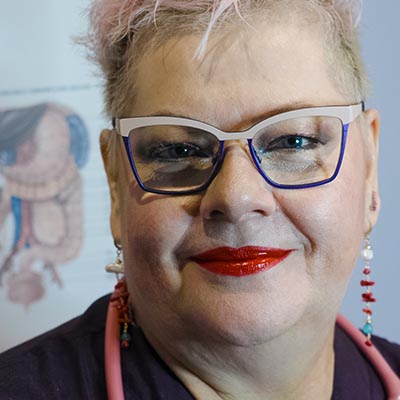
This article was revised and updated by Dr. Luisella Troyer on:
Tuesday 4 February, 2025
Dr. Luisella Troyer is a Vascular Surgeon, specialising in Vascular Surgery and Proctology.
Since her training as a resident, Dr. Troyer has been interested in the study and treatment of proctological pathologies, especially haemorrhoids and haemorrhoid prolapses.
In the course of his practice as a Surgeon, he has accumulated about 5000 operating theatre hours as a first operator, of which about 120 were Milligan-Morgan haemorrhoidectomies.
He is one of the first Doctors to have studied and experimented with scleromousse therapy for pathological haemorrhoids, which he has judged to be the treatment of choice for the non-traumatic treatment of haemorrhoidal prolapses, with resolution statistics of over 95% and therefore often comparable with surgical access.













